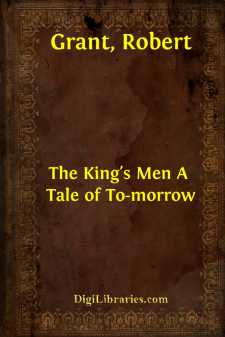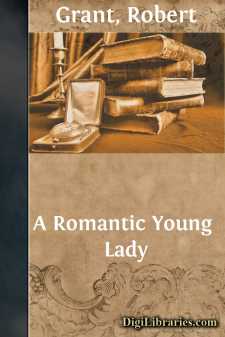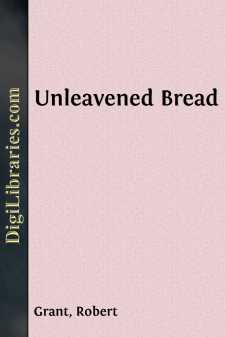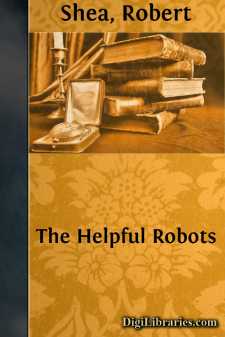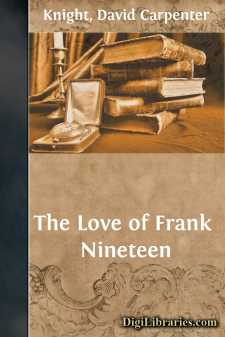Categories
- Antiques & Collectibles 13
- Architecture 36
- Art 48
- Bibles 22
- Biography & Autobiography 813
- Body, Mind & Spirit 142
- Business & Economics 28
- Children's Books 17
- Children's Fiction 14
- Computers 4
- Cooking 94
- Crafts & Hobbies 4
- Drama 346
- Education 46
- Family & Relationships 57
- Fiction 11829
- Games 19
- Gardening 17
- Health & Fitness 34
- History 1377
- House & Home 1
- Humor 147
- Juvenile Fiction 1873
- Juvenile Nonfiction 202
- Language Arts & Disciplines 88
- Law 16
- Literary Collections 686
- Literary Criticism 179
- Mathematics 13
- Medical 41
- Music 40
- Nature 179
- Non-Classifiable 1768
- Performing Arts 7
- Periodicals 1453
- Philosophy 64
- Photography 2
- Poetry 896
- Political Science 203
- Psychology 42
- Reference 154
- Religion 513
- Science 126
- Self-Help 84
- Social Science 81
- Sports & Recreation 34
- Study Aids 3
- Technology & Engineering 59
- Transportation 23
- Travel 463
- True Crime 29
The King's Men A Tale of To-morrow
by: Robert Grant
Categories:
Description:
Excerpt
CHAPTER I.
RIPON HOUSE.
There are few Americans who went to England before the late wars but will remember Ripon House. The curious student of history—a study, perhaps, too little in vogue with us—could find no better example of the palace of an old feudal lord. Dating almost from the time of the first George—and some even say it was built by the same Wren who designed that St. Paul's Cathedral whose ruins we may still see to the east of London—it frowned upon the miles of private park surrounding it, a marble memorial of feudal monopoly and man's selfish greed. The very land about it, to an extent of almost half a county, was owned by the owners of the castle, and by them rented out upon an annual payment to such farmers as they chose to favor with a chance to earn their bread.
In an ancient room of a still older house which stands some two miles from the castle, and had formerly been merely the gatekeeper's lodge (though large enough for several families), a young man was sitting, one late afternoon in early November. The room was warmed by a fire, in the old fashion; and the young man was gloomily plunging the poker into the coals, breaking them into oily flakes which sent out fierce flickerings as they burned away. He was dressed in a rough shooting suit of blue velveteen, and his heavy American shoes were crusted with mud. His handsome, boyish face wore an expression of deep anxiety; and his hands seemed to minister to the troubles of his meditation by tumbling his hair about the contracted forehead, while his lips closed about a short brier-wood pipe of a kind only used by men. The pipe had gone out, unnoticed by the smoker; and he did not seem to mind the fierce heat thrown out by the broken coals. Above the mantel was the portrait of a gentleman in the quaint costume of the latter Victorian age; the absurd starched collar and shirt, the insignificant cravat, the trousers reaching to the ankles, and the coat and waistcoat of black cloth and fantastic cut, familiar to the readers of the London Punch. This antedated worthy looked out from the canvas upon the room as if he owned it; and the mullioned windows and carved oak wainscoting justified his claim, even to the very books in the bookcases, which showed an antiquarian taste. Here were the strange old-fashioned satires of Thackeray and the more modern romances of the humorist Dickens; the crude speculations of the philosopher Spencer, and the one-sided, aristocratic economies of Malthus and Mill; with the feeble rhymes of Lord Tennyson d'Eyncourt, which men, in a time-serving age, called poetry.
Geoffrey Ripon had come to his last legs. And he was one of the few aristocrats of his generation who had ever (metaphorically speaking) had any legs worth considering. When O'Donovan Rourke had been President of the British Republic, that good-natured Irishman, who had been at school with Ripon's father, had given him a position in the legation at Paris; but when the Radicals overthrew Rourke's government, Ripon lost his place. And Ripon could not but think it hard that he, Geoffrey Ripon, by all right and law Earl of Brompton, Viscount Mapledurham in the peerage of Ireland, etc., etc., should that afternoon have been fined ten shillings and costs for poaching on what had been his own domain.
His great-uncle looked down upon him with that exasperating equanimity that only a canvas immortality can give—his great-uncle who fell on the field of Tel-el-Kebir, dead as if the Arab bullet had sped from a worthier foe, in the days when England had a foreign policy and could spare her soldiers from the coast defence. And his grandfather, who smirked from another coroneted frame behind him, had been a great leader in the Liberal party under Gladstone, Lord Liverpool, the grand old man who stole Beaconsfield's thunder to guard the Suez Canal, that road to India which he, like another Moses, had made for their proud legions through the Red Sea....


